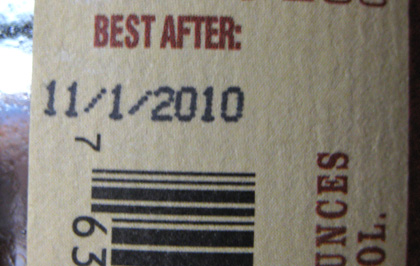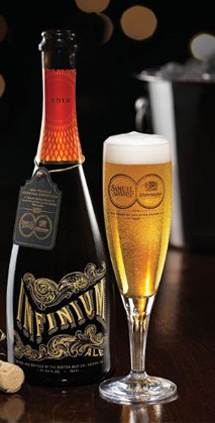The parent companies of two Denver-based breweries, Wynkoop Holdings and Breckenridge Holding Co., announced they will enter into a 50-50 joint venture early next year.
Spokespersons emphasized that Wynkoop, which owns the Wynkoop Brewing Co. and six other restaurants, and Breckenridge, which operates Breckenridge Brewery and five brewpubs, will not merge their identities, their brands or their staffs. The new joint venture will have one board of managers overseeing it.
The agreement will allow the two companies to leverage each other’s facilities and expertise as both look to expand certain aspects of their businesses.
Wynkoop will use Breckenridge’s brewing facility to grow its year-old beer-canning efforts, and Breckenridge will employ Wynkoop officials’ expertise in the restaurant business as it seeks to increase the number of ale-house restaurants it operates.
“We get to each develop our own identities and continue to grow and improve them,” Wynkoop spokesman Marty Jones said. “Together we have more power to do good things for the craft-brewing industry in the state.” He said leaders of the two companies began talking about a joint venture as long as four years ago.
Wynkoop Holdings also operates five other Denver restaurants — Wazee Supper Club, Goosetown Tavern, Cherry Cricket, Pearl Street Grill and Gaetano’s — and Phantom Canyon Brewing Co. brewpub in Colorado Springs.
Breckenridge Brewing opened in Breckenridge in 1990 and expanded shortly thereafter to Denver. Breckenridge Holding Co. now operates the brewery, a Breckenridge brewpub, a brewpub nears Coors Field, a brewpub on Kalamath Street and an ale house restaurant in Grand Junction, all bearing the Breckenridge name. It will open a second ale-house restaurant in Denver’s Lower Highlands neighborhood in the spring.
“It’s not a merger. We will not be co-branding beers. We do want to maintain our individual brand identities,†said Terry Usry, Breckenridge public relations manager. “We’ll feed off the synergies we have. In many ways, the two concepts are very much alike.”
Breckenridge president Ed Cerkovnik made the same point. “This is a marriage of opportunity and not necessity,” he says. “Both companies want to grow and expand. The combined company provides us with a platform to more effectively and rapidly do that.”


 The much anticipated release of a collaboration beer between the Boston Beer Company and German’s Weihenstephan has been set for early December.
The much anticipated release of a collaboration beer between the Boston Beer Company and German’s Weihenstephan has been set for early December.